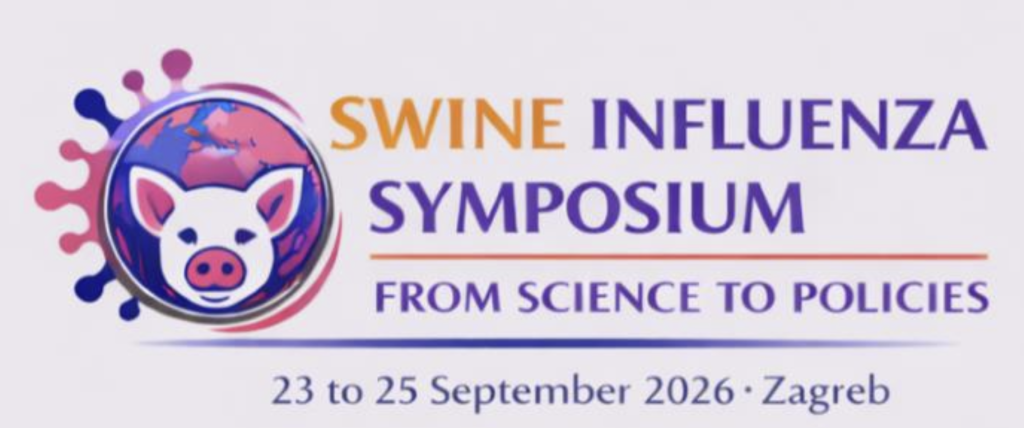The Main Aim
Swine influenza is a highly contagious respiratory disease in pigs caused by influenza A viruses (swIAV) which leads to production losses. The intensification of pork production systems and free livestock movement across borders fosters the spread of the virus in Europe. New variants, some with zoonotic potential, constantly emerge. Recent human pandemics have highlighted the zoonotic and reverse zoonotic potential of swine influenza and its risks for both animal and public health. Despite the burdens caused by swine influenza, surveillance across Europe is scanty and fragmented. Disease awareness is low in some European countries, diagnostic protocols are not harmonized, most countries lack standardised procedures and vaccine coverage is inconsistent. Recent human pandemics have highlighted the zoonotic and reverse zoonotic potential of swine influenza and its risks for both animal and public health. An interdisciplinary expert network was therefore re-established to develop a comprehensive view of the disease and its impacts to better manage swine influenza in Europe. ESFLU’s aims are to:
- Facilitate data sharing and analysis for swIAV surveillance with national and international agencies Establish the network as the European OFFLU counterpart and support global surveillance and pandemic preparedness
- Strengthen capability in Europe to detect, identify and characterize swIAV virus
- Establish guidelines for swIAV management and control in pig herds
- Promote dialog between stakeholders and inform policymakers and the general public on swine flu disease burden and the risks to public health.

ESFLU’s launch on the 7th November 2022 – Brussels, Belgium
ESFLU was initiated with 76 experts from 25 countries. Today ESFLU gathers over 150 experts from 30 countries in an interdisciplinary One Health approach. The Action strives to advance scientific knowledge concerning swIAV, improve disease surveillance and management capabilities, benefit pork production and reduce risks to both animal and human health.

ESFLU’s first annual meeting in April 2023 – Barcelona, Spain
